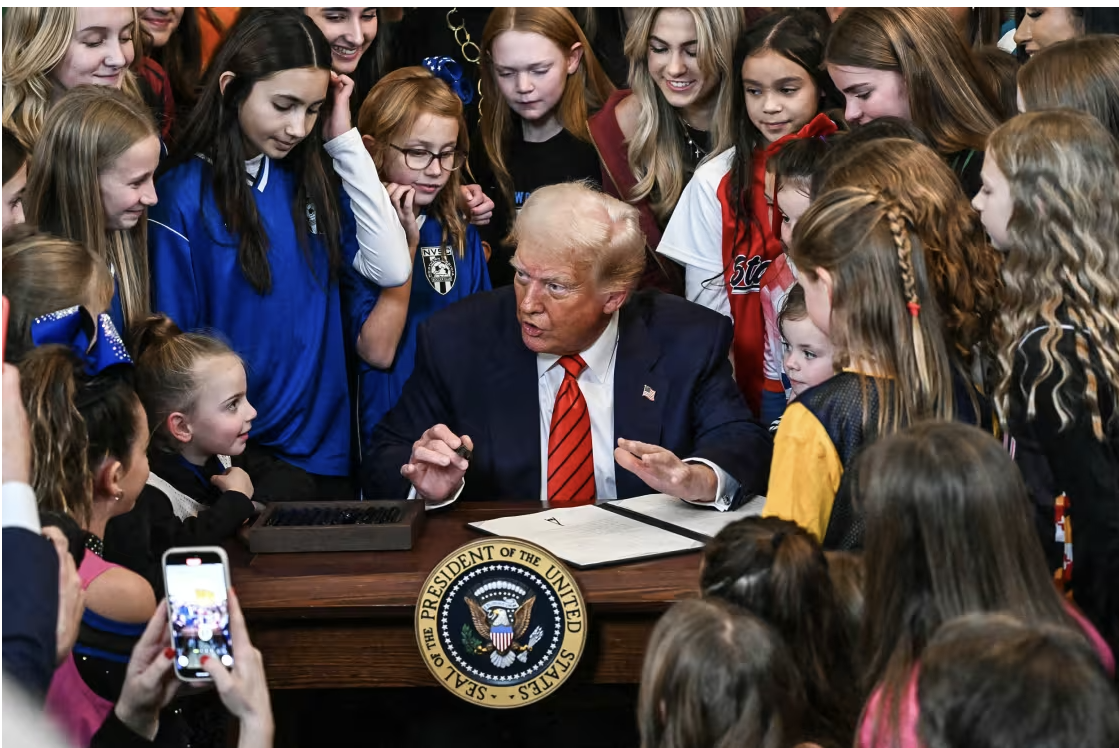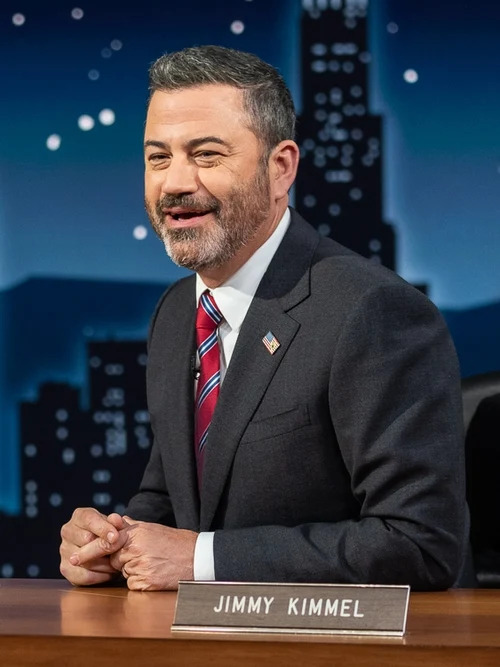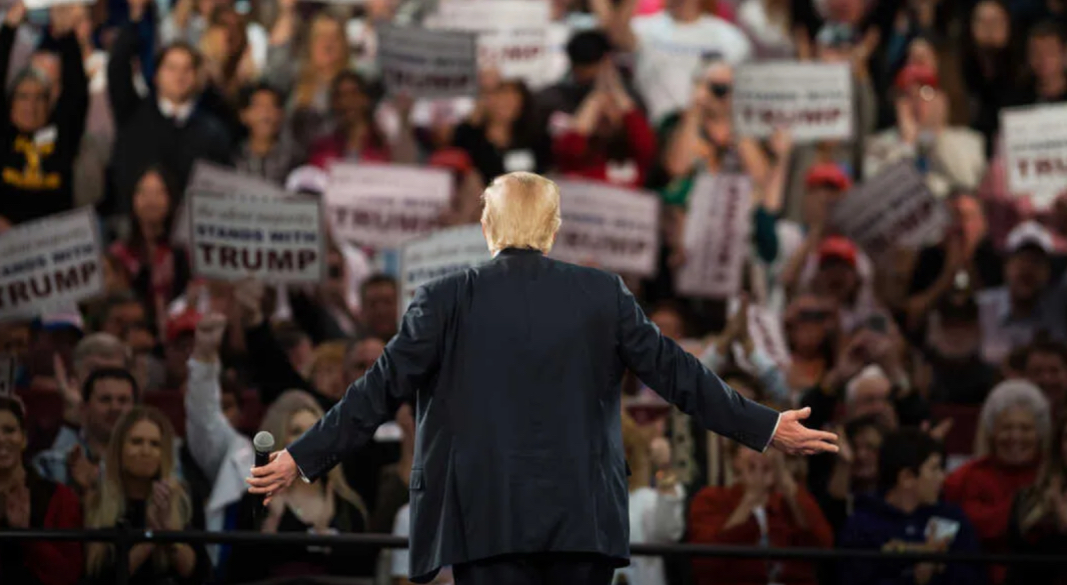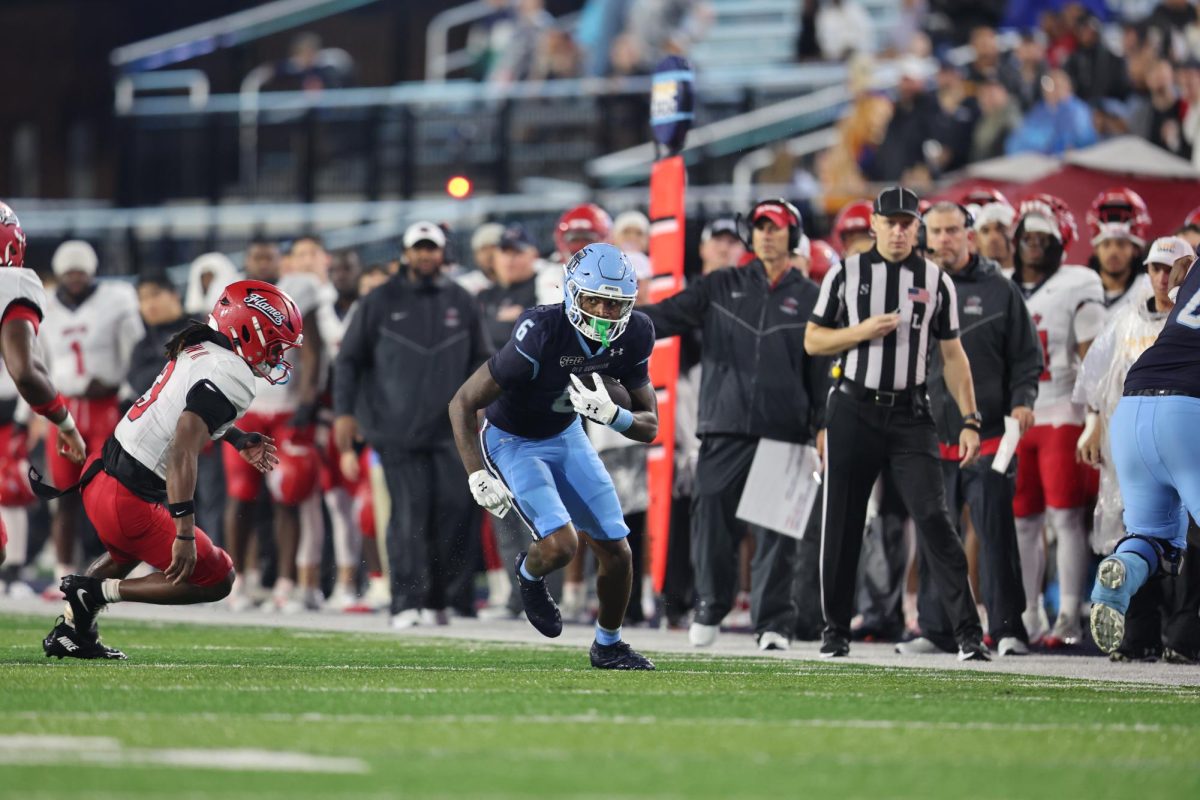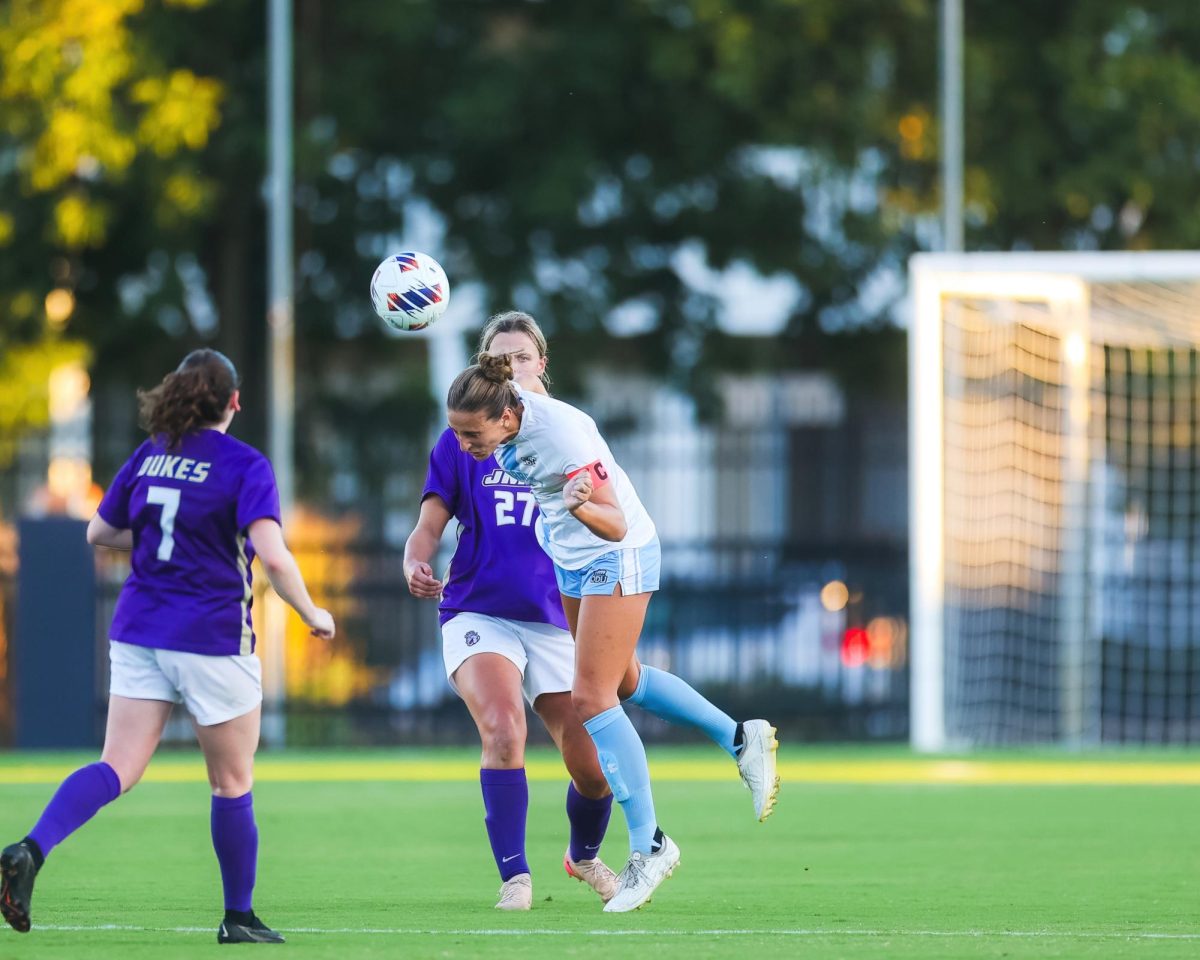President Donald Trump issued an executive order on Wednesday morning prohibiting transgender women from competing in women’s sports at the federal level. This executive order, titled “No Men in Women’s Sports Executive Order,” reflects his longstanding position on the matter, asserting the protection of the integrity of women’s athletics’ by limiting participation according to biological sex at birth. This is the fourth executive order aimed at transgender individuals since Trump entered office on January 20.
The executive order has rekindled national discussions over equity, inclusivity, and the rights of transgender individuals. Trump provided several instances of what he saw as “men claiming to be girls” and “stealing” victories. Certain supporters contend that transgender women have physical advantages over cisgender female athletes, raising questions regarding competitive equity in sports such as swimming, track, and weightlifting. Certain female athletes and advocacy organizations have commended the initiative, asserting that it upholds the fundamental intent of Title IX, which was established to safeguard women’s sports. Nonetheless, significant controversy has arisen over the LGBTQ community, with groups and civil rights advocates strongly opposing the directive as discriminatory and harmful to transgender youth. They contend that these policies degrade trans athletes by interfering upon their rights and promoting slander.
Furthermore, under Title IX, educational institutions were mandated to allow transgender students to access athletic teams and sex-segregated facilities corresponding to their gender identities, as well as to participate in women’s sports. However, due to orders from the Trump administration, the Department of Education will be responsible for investigating potential violations of this order.
This order may substantially influence state policies, as some states currently have their own legislation concerning transgender athletes. The Biden administration had formerly rejected similar efforts, underscoring inclusive policies that advocate for all athletes. Officials said that the administration will partner with sports regulatory bodies, including the International Olympic Committee, to guarantee the implementation of the principles beyond educational environments. They indicated that these rules will influence U.S. visa policies.
The 2024 election cycle underscores the political standpoint on transgender rights in the U.S. The impact of this legislation on sports groups, educational institutions and the public discourse around gender identification and athletics has yet to be determined.


